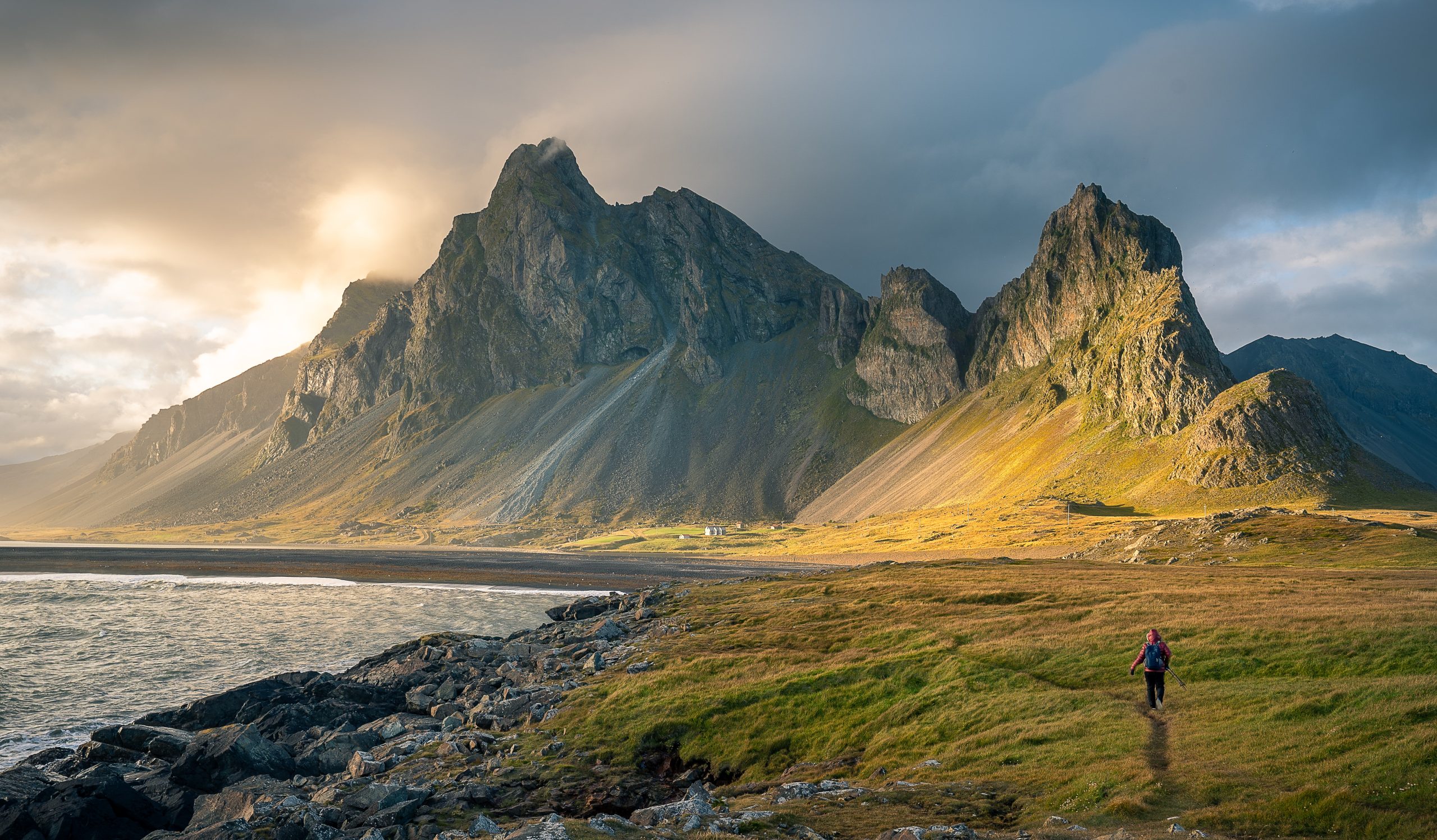
Iceland is known for its stunning natural landscapes, from glaciers and geysers to waterfalls and hot springs. But for Icelanders, nature is not just something beautiful to look at – it's an essential part of their culture and way of life. Iceland's unique geography has shaped the country's culture and way of life in many ways. With a population of just over 360,000 people, Iceland is one of the least densely populated countries in the world, and much of the land is uninhabitable due to the harsh climate and rugged terrain. As a result, Icelanders have learned to live in harmony with nature, relying on it for sustenance and survival.
Due to the country's location in the subarctic, Iceland has very few native trees, and much of the land is covered in moss and lichen instead. However, over the centuries, Icelanders have worked hard to cultivate small pockets of forested areas, planting trees and protecting them from grazing animals and harsh weather conditions. These efforts have paid off, and today, Iceland has several beautiful forested areas, including Hallormsstaður Forest, Vaglaskógur Forest, and Þórsmörk Nature Reserve. For Icelanders, these forests are not just beautiful places to visit – they are a symbol of their connection to the land and their commitment to preserving it for future generations.
In addition to the forested areas, Icelanders have a deep respect for all of the natural resources that the land provides, from the geothermal energy that powers their homes to the fish and sheep that provide sustenance. Icelanders have a long history of sustainable resource management, using traditional practices to ensure that they do not deplete the land's resources or harm the delicate ecosystems.
At a time when climate change and environmental degradation are major concerns, Iceland serves as an example of how we can live in harmony with the natural world. By cultivating a deep respect for the land and its resources, and by committing to sustainable practices, we can ensure that future generations will be able to enjoy the same beauty and bounty that we do today. Forests and trees play a crucial role in this relationship with nature, providing habitat for wildlife, producing oxygen, and helping to regulate the climate. In Iceland, the forests are a reminder of the delicate balance between humans and the natural world, and a symbol of our responsibility to care for the earth. So, the next time you visit Iceland, be sure to take a walk in one of its beautiful forested areas, and take a moment to appreciate the deep connection that Icelanders have with nature.